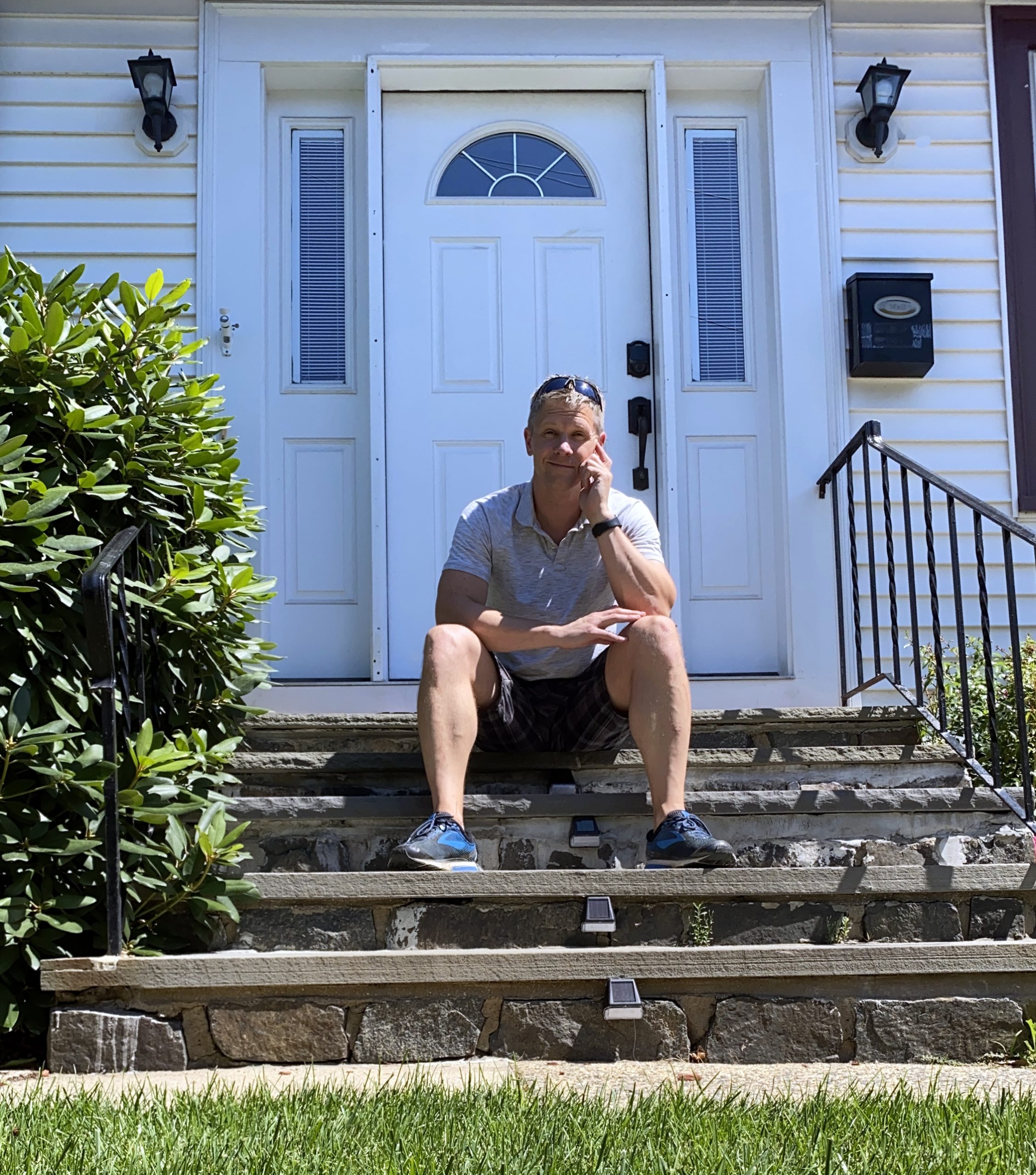
I’m not ashamed to admit it now, I am an intensely emotional person. It is what gives my stories life, helps me relate to people, gives me strength, and also pulls me down at times.
My family knows all too well just how emotional I really am. I am easily the grown man sitting in a theater watching a family movie with tears rolling down my face. In fact, it has jokingly been one of the things my kids (and wife) poke a little fun at. We will all see an emotional scene in a movie and everyone will turn to me, just to see how much I’m crying. Is it funny? Yes, a bit. For me, it’s a little embarrassing. I can’t help it. I just feel so strongly. I try to hide it, try to “be the man” and not let my emotions come pouring out, but most of the time I do not succeed.
I do however feel that this emotional ebb helps to make me a better father, a better husband, and a better friend. People find that they can connect with me well, that I am patient, and that I am non-judgemental. As I see it, what right do I have to judge anyone? We are all going through this life as best we can. We make mistakes, we try to help where we can, but ultimately, we are every single one of us – just human.
I began my journey as an emotional father several months before my first child was born. I was obsessed with what my (then) wife was going through. I wanted to help every way I could, I wanted to feel the baby move and I was so eager to meet him. In truth, I was a little jealous, that she got to go through the miracle of having a life growing inside her and all I got to do was stand around and watch (or help as best I could). In some ways, I feel a little cheated in that regard, but you have to take the cards you’re dealt. I suppose it could be worse, I could be a woman, stuck with an emotional train wreck like myself!
The day (each of) my son(s) was born, were life-changing events for me. The emotional hurricane that I felt, watching this amazing, incredible, beautiful baby come into the world – knowing that it was half of me and half of the person I loved was extremely intense (yes, a crying moment). The miracle of life never ceases to amaze me. I know all of the science behind it, the biology of merging two cells and those cells multiplying and creating all of the parts of the body based on the DNA they are encoded with. But, it makes it no less a miracle to me.
As my children have grown, I have been overjoyed by every milestone and have treasured every moment I have gotten to spend with them. They are both teenagers now and sadly don’t spend as much parent/child time together but not a day goes by that I do not think about them in the middle of the day and wonder how they are, or what they are doing. My family and the emotional journey that I travel with them is often my primary driving force that starts my day and the last thing that goes through my mind before falling asleep.
Being as emotional as I am, has its benefits, but it also has its downside. Having to be at home alone day after day now that the pandemic has thrust us all into this individually isolated routine has been hard, to say the least. There have been many days that the loneliness can be overwhelming and being the creative person I am, I seek ways to distract my mind. Yoga, working out, creating robots and writing are all elements that I do constantly in addition to my daily job. But, sometimes it is not enough. Sometimes I just get stuck in my own head, turning things over, unable to find the positive element in my daily life. Being a parent who has to split his children with someone else in two different homes plays a particularly intense role in coping with that loneliness, but I try every day.
Emotionally intense people “tend to notice and remember a lot and can be overstimulated when things are too chaotic or novel for a long time. This ability to feel deeply and intensely often starts from a young age when emotion regulation skills are lacking and can lead to psychological wounding associated with shame and loneliness.” states Imi Lo of Psychology Today.
It is an interesting perspective and I have often wondered if shame (from my childhood) played a big part in my emotional river – or if my emotional river played a part in my childhood shame? My childhood was not a bad one, but there were most definitely tumultuous times. Perhaps my intense emotions helped to sculpt (or erode) the person that I eventually became?
I instead choose to believe that my emotional current is more genetic than environmental and feel that it makes me a stronger person, not a weaker one. There is nothing wrong with being an emotional father or partner, but knowing how to control and understand those emotions is critical and key to a healthy life.

